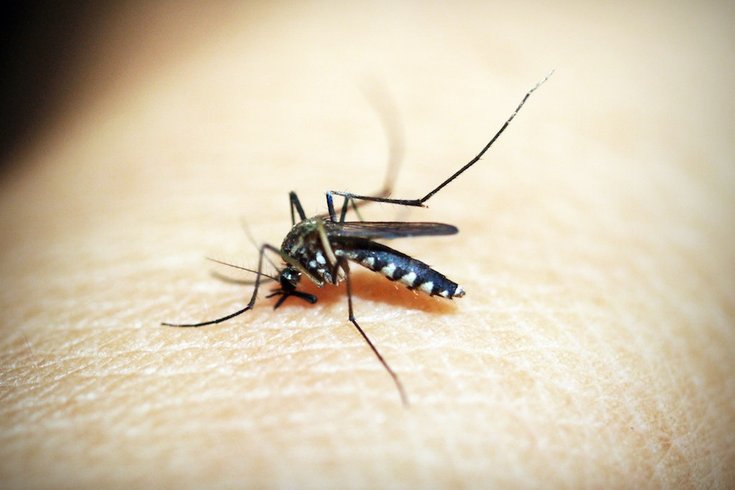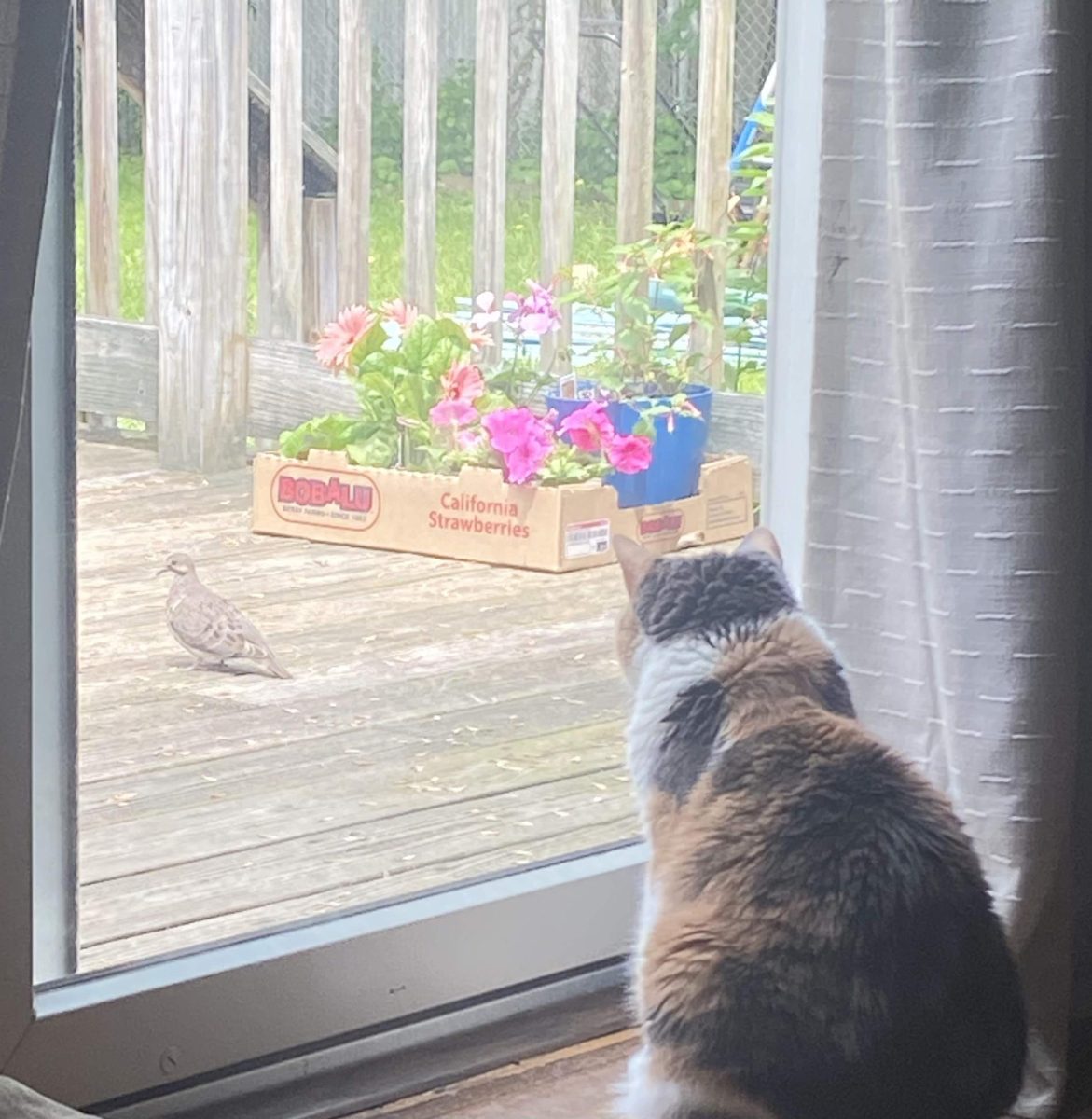Recap: Surge in Triple E Virus Numbers
October 28, 2019
Jess Anderson
Staff Writer
With outbreaks every 10 to 20 years, the Eastern Equine Encephalitis, or commonly called “Triple E”, has been gaining more and more attention over the past month. After Connecticut saw its third death recently from EEE, the Center for Disease Control and Prevention (CDC) has been emphasizing the seriousness of this virus.
How is this disease being contracted? EEE is transmitted through a bite from an infected mosquito and has an incubation period of 4-10 days, which represents the range of time from the infected mosquito bite to onset of illness. According to the CDC, signs and symptoms include fever, headache, irritability, restlessness, drowsiness, anorexia, vomiting, diarrhea, cyanosis, convulsions, and coma. Approximately a third of all people with EEE die from the disease.
Towns all over the state of Connecticut have now set curfews at athletic fields, and have issued health warnings to ensure their town’s population is safe. According to Patch News CT, “The virus has forced some towns to suspend evening activities and change the start times for some area high school football games.” These include the UCONN football game last Saturday, which had been changed from 7 pm to midday, in an effort to keep fans and spectators protected. Fox 61 reports, “The university said it is ‘recommending to all units that outdoor activities and events scheduled to take place anytime between dusk and dawn be rescheduled to another time during the day, if possible, for the time being.’”
Towns in CT testing positive for Eastern Equine Encephalitis include:
- Chester
- Groton
- Haddam
- Hampton
- Killingworth
- Ledyard
- Lyme
- East Lyme
- Madison
- Stonington
- Old Lyme
- Stamford
- Plainfield
- Shelton
- South Windsor
- Voluntown
The Milford Health Department released a statement dated Sept. 27 informing residents they should continue to protect themselves from mosquitoes until the first heavy frost. Such precautions include avoiding outdoor activities between dusk and dawn, using mosquito repellent, wearing long sleeves and pants. The Milford Health Department will continue to monitor the situation and work closely with the CT Agricultural Experiment Station, which initiated mosquito monitoring in June.







